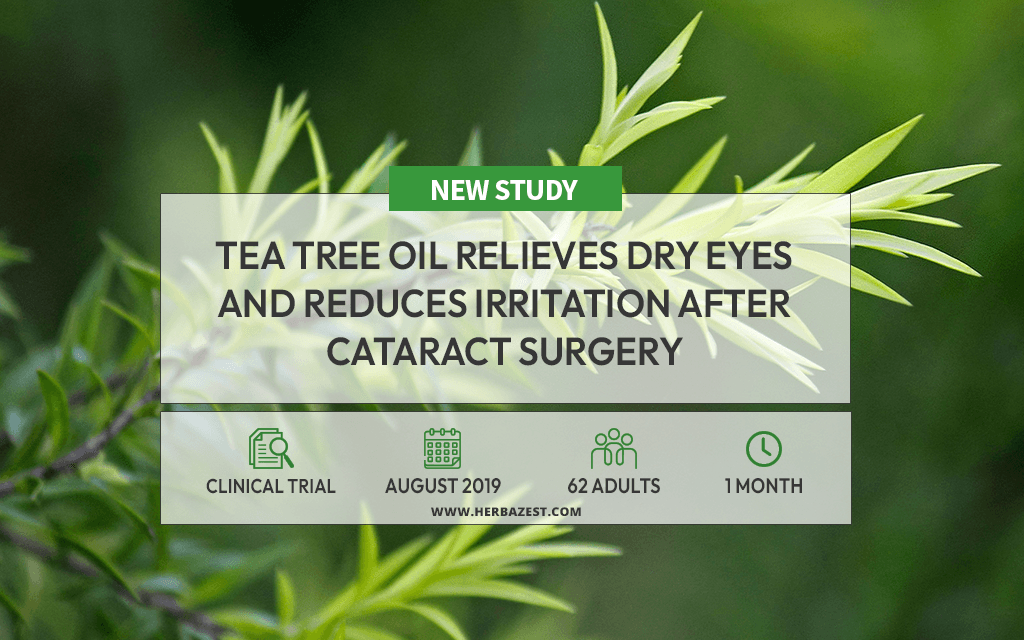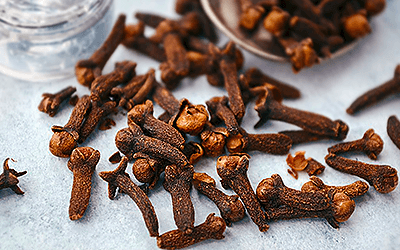Dry eye disease is a common complication following cataract surgery, significantly affecting patient comfort and visual outcomes.1 This condition may worsen due to the presence of Demodex mites—tiny parasites living near the hair follicles and oil glands of the eyes—that can intensify dry eye symptoms. While artificial tears and topical steroids are standard for managing post-surgical dry eye disease, recent research suggests that tea tree, known for its anti-inflammatory and antimicrobial properties, may offer additional benefits for recovery.
The Study
A prospective, triple-blinded, randomized clinical trial included 62 patients undergoing phacoemulsification cataract surgery. Participants were randomly assigned to one of two groups. The treatment group received artificial tears, topical steroid drops, and an eyelid shampoo containing tea tree oil for post-operative use. The control group followed the same regimen but used a shampoo without tea tree oil.
Researchers monitored dry eye parameters, and microscopic examination assessed Demodex presence on the eyelashes. They published their findings in the European Journal of Ophthalmology.
The Results
The findings revealed that both the treatment and control groups experienced improvements in multiple dry eye parameters over the study period. However, patients using tea tree oil-based eye shampoo showed significantly better outcomes across several measures.
After one month, both groups experienced improvements in symptoms, but patients using tea tree oil shampoo reported greater comfort and relief. The treatment group also showed significant enhancements in tear quality, moisture balance, and overall tear stability, supporting clearer vision and increased eye comfort. Both groups improved in visual clarity post-surgery, though the treatment group had better results, likely due to reduced dry eye symptoms
Importantly, only the tea tree oil group experienced a notable reduction in Demodex population, highlighting tea tree oil's potential in managing parasite-related eye issues.
What Does this Mean?
This study highlights the benefits of using tea tree oil for dry eye disease after cataract surgery. The significant reduction in Demodex mites, alongside improved tear stability and comfort, suggests tea tree oil could be a valuable addition to post-operative care for cataract patients prone to dry eye disease.
For these patients, incorporating an eye shampoo containing tea tree oil may offer a more comprehensive approach to achieving improved visual and comfort outcomes after surgery. Other herbs, such as bilberry, calendula, and ginkgo biloba, may also support eye health.
Sources
- European Journal of Ophthalmology, The effect of tea tree oil on dry eye treatment after phacoemulsification cataract surgery: A randomized clinical trial, 2019
Footnotes:
- Clinical Ophthalmology. (2024). A Preservative-Free Approach – Effects on Dry Eye Signs and Symptoms After Cataract Surgery. Retrieved October 29, 2024, from https://pmc.ncbi.nlm.nih.gov/articles/PMC10906276/




